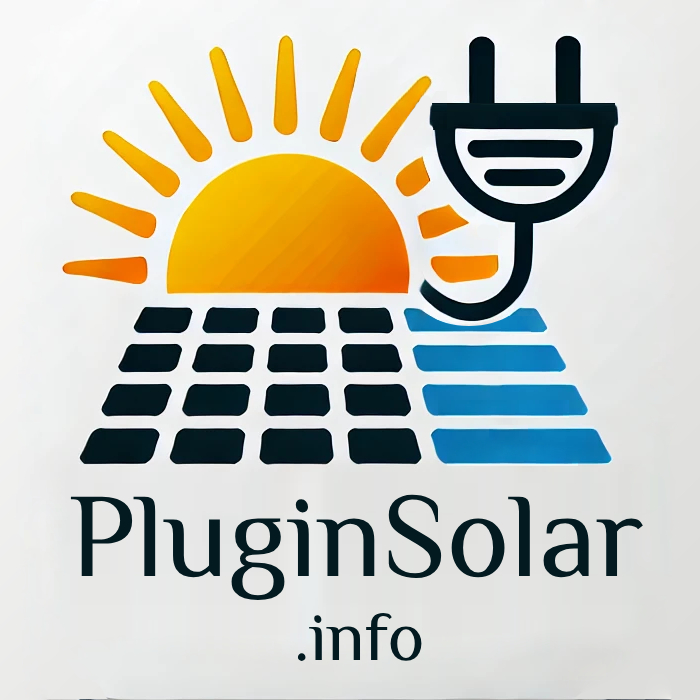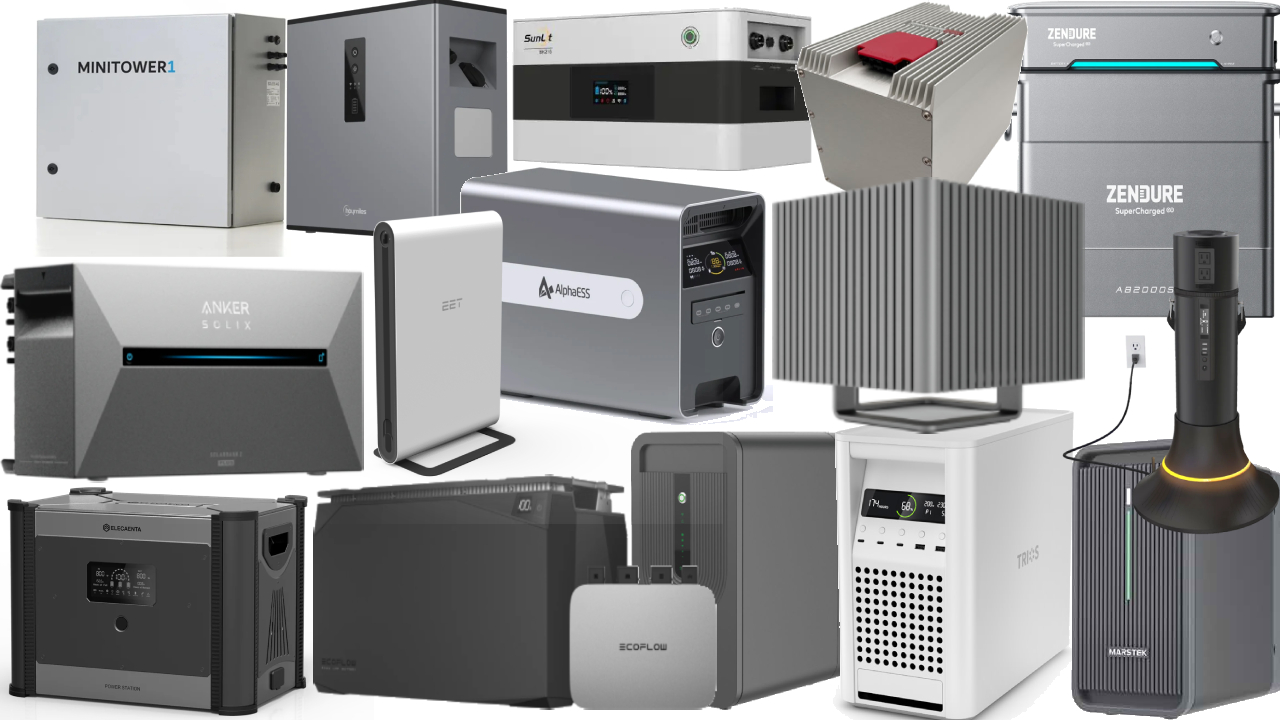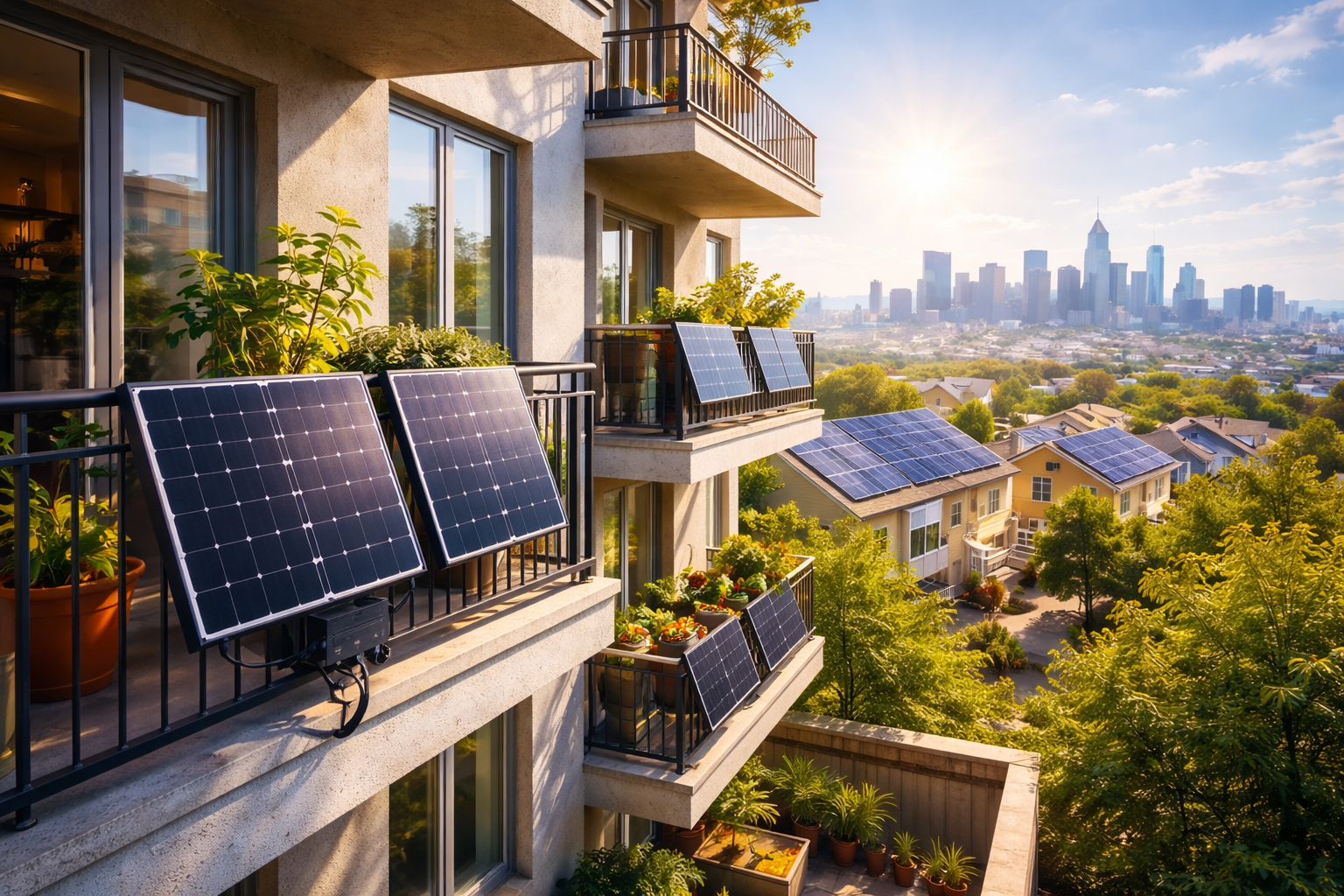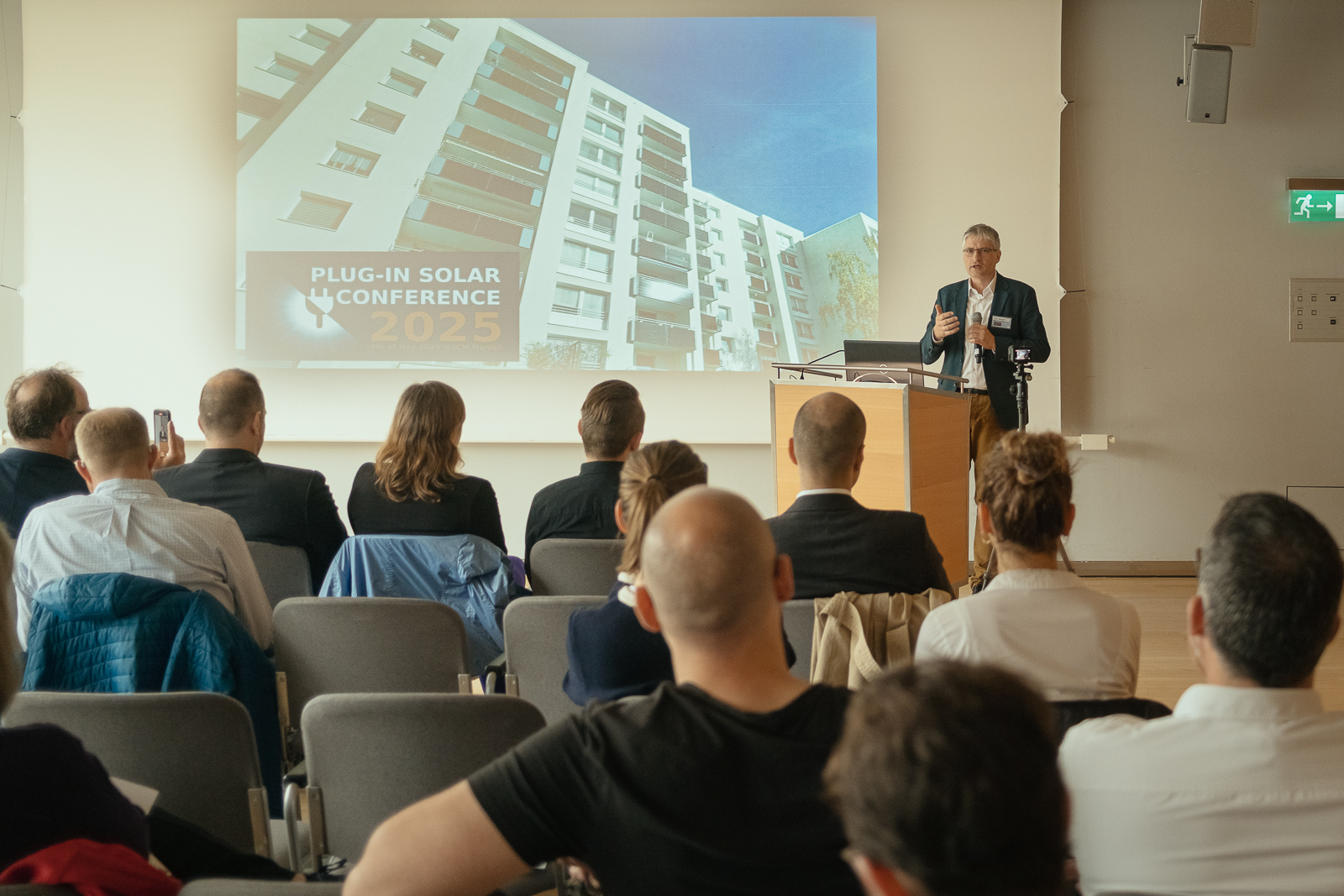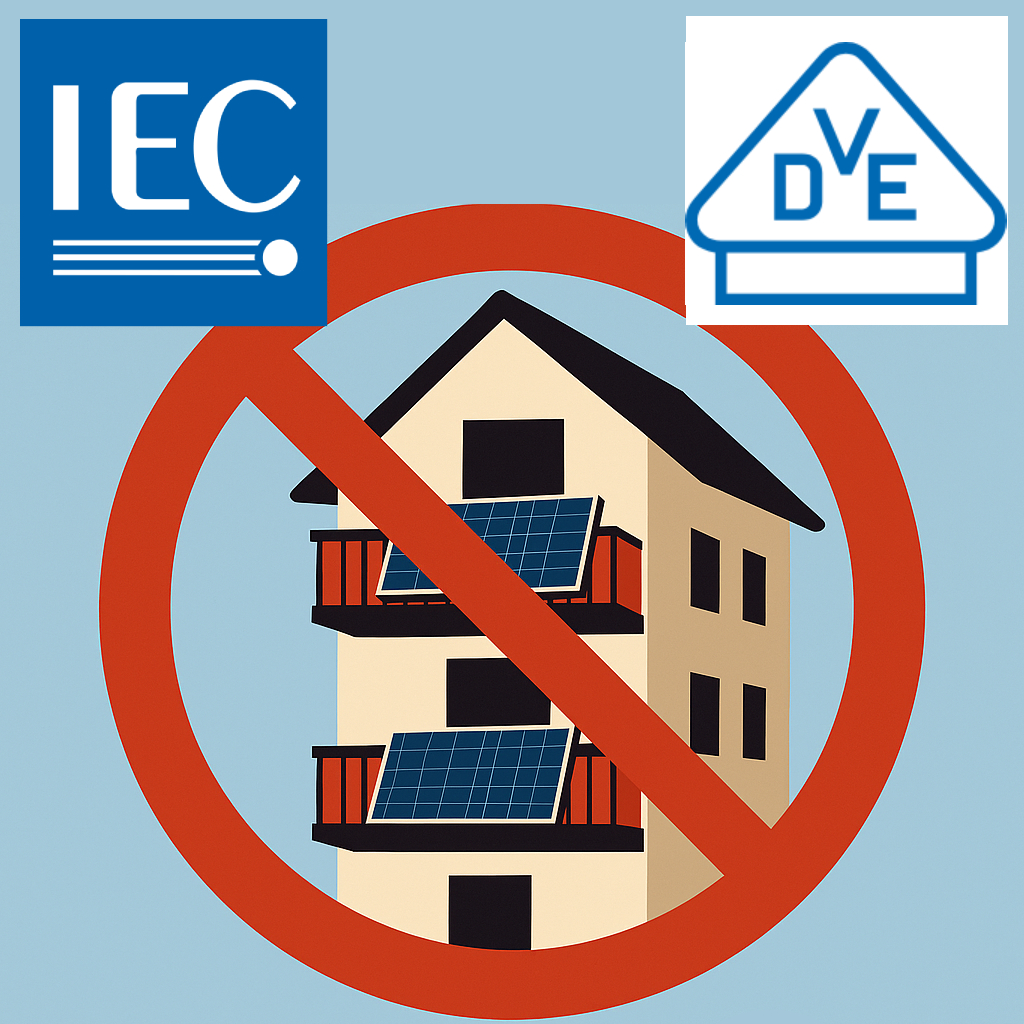
As plug-in solar devices rapidly gain popularity across Europe, a potentially serious setback is looming in the shadow of technical committees. The current draft standard IEC 60364-7-751, which is intended to become the global standard for low-voltage power generation systems, includes provisions that could effectively amount to a ban on plug-in solar systems.
Specifically, the concern lies in section 751.550.101.1, which states:
“A generating set shall not be connected to a final circuit.”
This wording would mean that plug-in solar devices – which by design connect to an existing final circuit – would no longer be permitted. A technology that has already been installed millions of times in Germany alone would thus be considered non-compliant at the international level — sending a disastrous signal for future standardization efforts for user-friendly energy technologies both within and beyond Europe.
Another point of concern is section 751.550.101.2, which reads:
“The connection of the generating set to the electrical installation shall be made by one of the following methods: […] a dedicated coupling system which is not compatible with any configurations belonging to national systems based on IEC 60884-1 […]”
This statement clearly aims to exclude any standard plug, which are widely used in many countries as a current standard for safe, grid-compliant plug-in solar devices.
Most critically, the push to prevent plug-in solar appears to be driven largely by a small number of countries. But rather than debating the pros and cons in an open political dialogue at the EU or through other international institutions, there now seems to be an attempt to enforce a global blockade through technical standardization at the IEC level. This approach is undemocratic and undermines the principle of technology-neutral market regulation, which at least the EU has committed to.
The industry association SolarPower Europe makes its position clear in a recently published report:
“Mandatory installation by an electrician and bans on plug-in connectivity are key obstacles for democratizing solar access.”
With the proposed standard, millions of households, especially renters and low-income groups, could be excluded from participating in the energy transition. Yet, current studies and market analyses show that plug-in systems offer high self-consumption rates, minimal grid impact, and a high level of safety.
Technical standards are meant to ensure safety — not to mask political or economic interests. The current draft does the latter: instead of being based on technical realities and the state of research, it draws a questionable distinction between connection types (plug-in vs. hardwired), which lacks technical justification.
Modern plug-in systems meet protection class requirements (IP2X), use certified inverters, and feature intelligent feed-in control. Even the German standardizing body VDE is currently developing a product standard that addresses these aspects and establishes plug-in solar systems as safe household appliances – a standard that is expected to be published soon.
A global standard that undermines key European energy transition technologies must not be adopted. With the new Electricity Market Directive 2024/1711, the EU has explicitly committed to promoting plug-in solar technology — now it must actively support this in standardization policy as well.
Policymakers must act and take a stand against this draft within the IEC.
